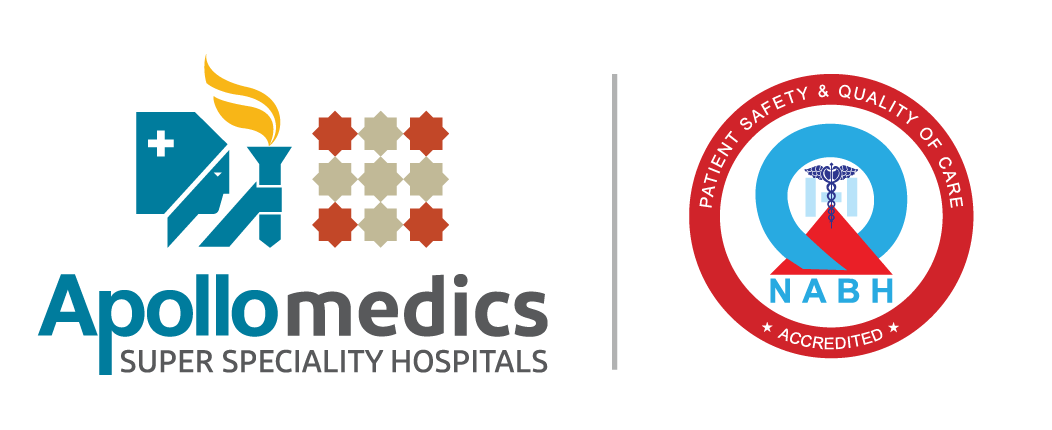Overview
When an internal organ or other body component protrudes through the muscle or tissue wall that typically contains it, it is called a hernia. Inguinal hernias, femoral hernias, umbilical hernias, and hiatal hernias are among the various forms of hernias that can occur. It’s essential to treat a hernia as soon as possible.
A hernia in the abdomen or groin can cause a lump or bulge in the abdomen or groin that can be pushed back in or disappear while lying down. After the lump has been pushed in, laughing, sobbing, coughing, straining during a bowel movement or physical activity may cause it to resurface. Other signs and symptoms of a hernia include:
- In the groin or scrotum, there is swelling or a protrusion.
- Increased pain at the site of the bulge’s
- Lifting causes pain.
- The bulge gets bigger over time.
- An agonizing sensation that lasts for a long time.
- Signs of intestinal obstruction or a feeling of being full.
- Inguinal Hernias- The most frequent types of male hernias are inguinal hernias, which begin in the lower abdomen and thigh and progress to the scrotum as a bulge in the groin. Men are more likely to have them than women. Inguinal hernias arise when fatty tissue or a portion of the bowel protrudes through the inguinal canal, a section of the lower abdominal wall.
- Femoral Hernia- Femoral hernias can also form immediately below the groin crease, and are more common in women than in men. They are caused by a weakening in the lower groin area, which is most commonly caused by pregnancy and childbirth. Because these hernias are more likely to cause complications, they should be treated as soon as possible when they are discovered.
- Umbilical Hernia- When portion of the intestine protrudes through the umbilical opening in the abdominal muscles, it is called an umbilical hernia. These hernias can form at or shortly after birth in infants, and they usually go away by three or four years of age. The area of weakness, on the other hand, might last a lifetime and affect men, women, and children at any age. Umbilical hernias in adults do not resolve and may deteriorate over time. They can be caused by abdominal pressure, being overweight, coughing excessively, or being pregnant.
- Ventral hernia- A ventral hernia is a hernia that appears on any area of the human body’s ventral surface. It causes a bulge or tear in the ventral surface, which develops into a sac like a balloon.
Inguinal and femoral hernias are caused by weaker muscles that can be present from birth or develop as a result of aging and frequent strains on the abdomen and groin areas. Strain can be caused by physical strain, weight, pregnancy, continuous coughing, or straining on the toilet due to constipation.
Adults who strain their abdominal muscles, are overweight, cough for a long time, or give birth can develop an umbilical hernia.
Hernia surgery can be performed in one of the two ways:
- An open surgery involves cutting a hole in the body where the hernia is located. The weakened muscle wall is reattached, and the protruding tissue is sewn back together. A mesh is occasionally put in the area to provide additional support.
- The same types of repairs are made during laparoscopic surgery. Instead of a cut to the outside of the abdomen or groin, microscopic incisions are made to allow surgical tools to be inserted and the treatment to be completed.
- It produces less pain and allows patients to return to work sooner than they could after open repair surgery.
- Repairing a recurring hernia with laparoscopic procedures is typically easier than with open surgery.
- Laparoscopy provides good cosmetic outcomes due to the minimal incisions used.
- Postoperative discomfort is minimal.
- Returning to work and routine activities as soon as possible
- Excellent cosmetic outcomes
If you have any persistent signs or symptoms that concern you,
Request a consultation at Apollo Medics Super Specialty Hospitals Lucknow.
Doctor’s Profile

Dr. Ankur Saxena




